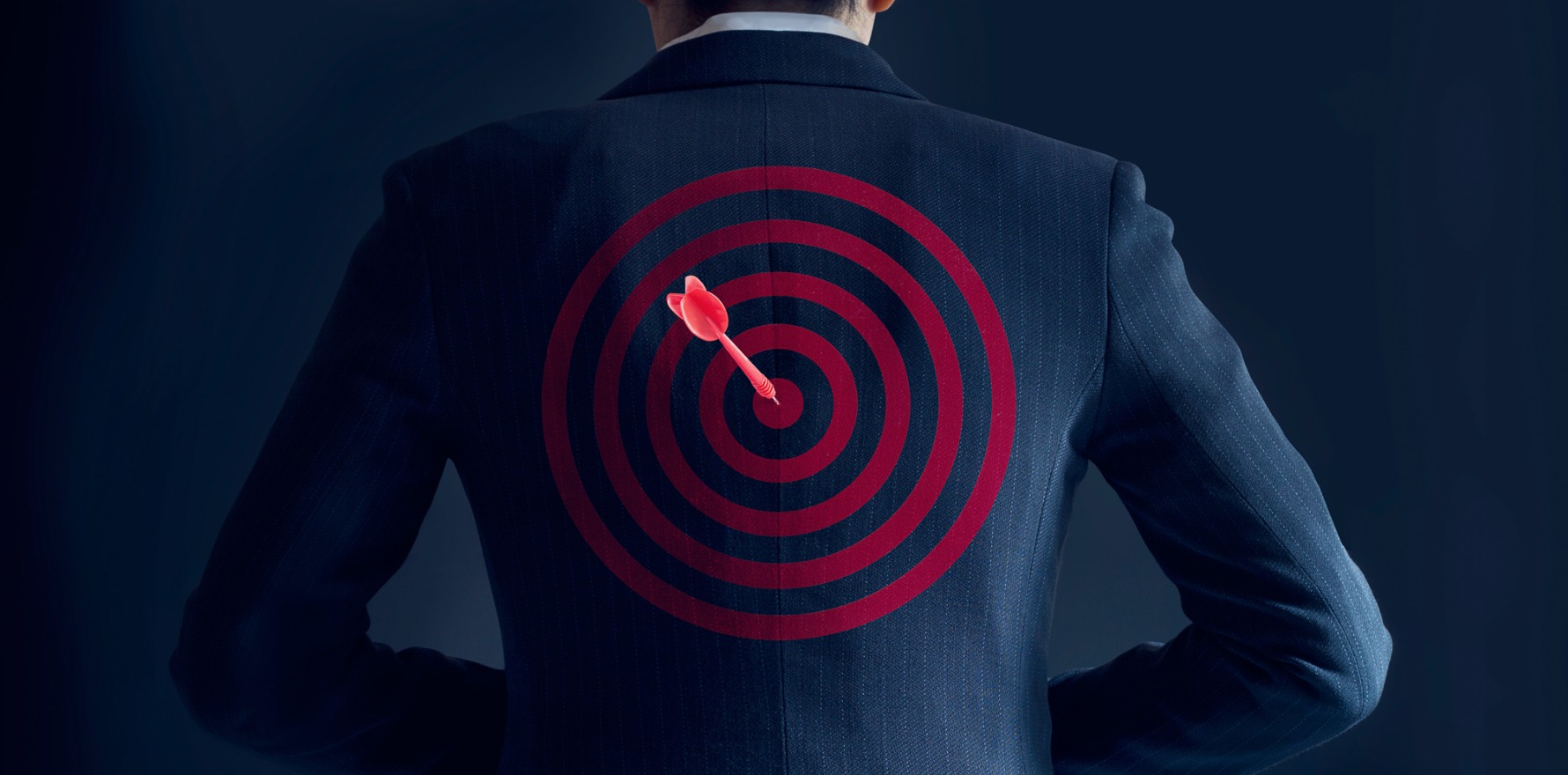Epidemiologists are regularly pressed to pronounce on policy and then attacked for it. But calls to stay out of politics miss the point of public health.
If you asked the average Australian on the street in 2019 what an epidemiologist did, they might have told you it was skin medicine.
Two years later, not only are a number of Australian epidemiologists now household names, they are appearing on more primetime news interviews than the Prime Minister.
But the reality for epidemiologists featured in the daily news cycle has been far from glamorous, with many becoming the target of online hate.
The problem may lie in demands from the media for a “hot take” on public policy, in addition to their expertise in public health.
This has been the experience of Professor Catherine Bennett, chair in Epidemiology at Deakin University, who tries to avoid commentary on political decisions, but finds the line inherently blurry.
“From the start I have focused on talking about the epidemiology, but that also relates to a whole range of things such as the dynamics of an outbreak, the restrictions put in place, and what we know about restrictions and the evidence,” she said.
Professor Bennett, talking to The Tea Room podcast about her recent article on learning to live with covid, said people had pre-formed views on the available evidence and whether vaccines worked.
“A lot of the time you’re presenting the numbers, and you’re describing the epidemiology, but it stands between somebody’s political view of what’s going on and what they’d like to see the [government] rolling out,” she told TMR.
That makes the expert a target for anger, Professor Bennett said.
While most critics might aim low by hurling superficial insults or baseless threats on social media, others have taken a more calculated approach.
Professor Bennett has experienced the latter, with members of the public having approached her employer about her media appearances.
Hey @Deakin
— ???Bee??PM for Sewer Rats (@BelindaJones68) September 12, 2021
Deakin University’s Prof Catherine Bennett often strays from giving epidemiological advice to giving political advice during media interviews, which reflects on DU’s brand.
Does #Deakin support her giving political advice? If so, under what authority?
?#auspol
Of course, most journalists aren’t trained in epidemiology, and nor are their readers; so even if they do know the best questions to ask, it is more in their interests to find a sexy political angle.
Professor Bennett, who has been accused of being too political in the media, said she had been tricked by television producers who said they wanted her expertise on interpreting the data. But when the cameras started rolling, the only questions she was asked were about policy – something she was entirely unprepared for.
“I won’t comment on specific policy or government decisions and I have been put on the spot where journalists are trying to get me to comment on things such as NSW no longer having daily press conferences with political leaders,” she said.
“You’re often put in a position where people are demanding of you an opinion about politics, and that’s not my area, that’s not what I talk about. But you can’t avoid the politics because epidemiology is the focus of so much at the moment.”
Even without appearing in front of millions of people at a daily press conference, investigating allegations of scientific fraud also comes with its fair share of public and professional scrutiny.
Gideon Meyerowitz-Katz, an epidemiologist at the University of Wollongong, has been working with colleagues to review ivermectin studies for fraud.
“We’re going through pretty much every published study that looks at using ivermectin for covid, asking for additional data and assessing each study for potential scientific fraud,” he told TMR.
Mr Meyerowitz-Katz says women and minority groups in the public health profession are at a higher risk of becoming a target of online slander.
“I should probably acknowledge that I’m a white man, and I seem to be less targeted than some of my colleagues for that reason,” he told TMR.
But he said comments about epidemiologists needing to “stay out of politics” showed a failure to understand the purpose of epidemiology and public health.
“The study of human health is inherently tied up in our environments and our systems of interaction, and that is political,” he said.
“Every decision in public health is a trade-off between providing care to one person and providing care to another person. A public health expert can tell you the harm attributable to different courses of actions, but which one we want to choose is ultimately a political decision.
“It’s very interwoven, public health is public policy, and they are hard to disentangle.”
Professor Allen Cheng, an expert in infectious diseases and epidemiology at Monash University who was Victoria’s deputy chief health officer for a year, has spoken about the pressures of being a government mouthpiece and the inevitable politicisation of health advice.
Professor Cheng wrote in The Conversation that working with media was one of the most challenging aspects of the role, and that it felt like preparing for an exam.
“In the morning, I’d receive a briefing on the current facts and figures, the issues that journalists had raised and those that were anticipated to be raised, and I’d have an hour or so to remember as much as I could before answering questions at the press conference,” he wrote.
While there are probably some long-term benefits in having the discipline recognised and appreciated, the experience of being thrust into the limelight may leave some public health experts lamenting the days before covid.
“The pandemic will finally be over when people start calling me a skin doctor again,” said Mr Meyerowitz-Katz. “That will be great.”


